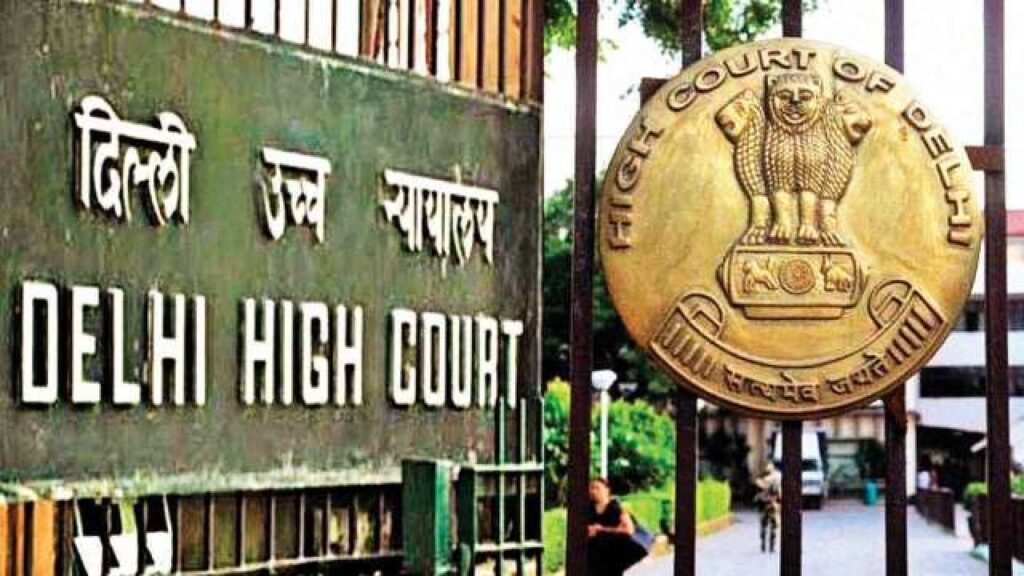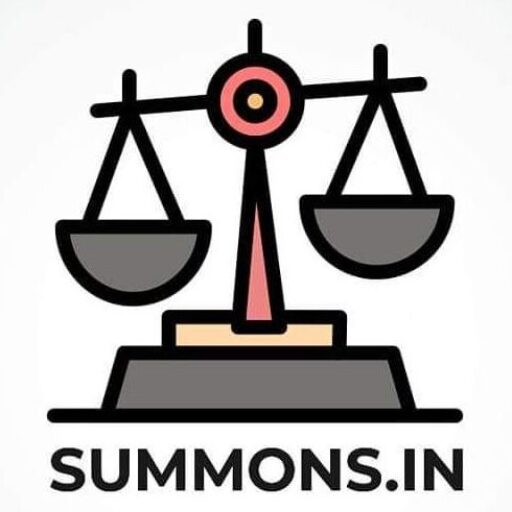
MANKIND PHARMA LIMITED …..Petitioner versus PREET KAMAL GREWAL AND ANR. …..Respondents
Delhi High Court – C.O. (COMM.IPD-TM) 279/2022 (April 2, 2025)
I. Case Summary
This case involves a petition under Section 57 of the Trade Marks Act, 1999 by Mankind Pharma Limited seeking removal of the trademark ‘KINDPAN‘ (No. 2795896) registered in Class 5 to Preet Kamal Grewal (Respondent No. 1).
The Delhi High Court ruled in favor of Mankind Pharma, ordering the cancellation of the ‘KINDPAN‘ mark from the Register of Trade Marks.
II. Key Facts
- Timeline and Prior Rights:
Mankind Pharma’s predecessor adopted the ‘MANKIND’ mark in 1986, Mankind Pharma owned registration for ‘KIND‘ (No. 2457970) in Class 5 since January 10, 2013, Respondent obtained registration for ‘KINDPAN‘ (No. 2795896) in Class 5 on August 22, 2014, ‘MANKIND‘ was declared a “well-known trademark” in December 2020.
- Market Position and Usage:
Mankind Pharma owns 300+ trademarks incorporating ‘MANKIND’ or ‘KIND‘, Their top ‘KIND’ brands generated annual turnover of Rs. 1,300+ Crores (2018), Total annual turnover: Rs. 3923 Crores (2017-18), Rs. 3877 Crores (2018-19), Rs. 4794 Crores (2019-20), Mankind Pharma ranked highest in ‘Prescriptions per Month per Doctor’ (2011).
- Procedural History:
Petition initially filed before IPAB, transferred to Delhi High Court after IPAB’s dissolution, Respondent No. 1 never appeared despite due service, Court proceeded ex-parte against Respondent No. 1.
III. Legal Issues and Principles
- Family of Marks Doctrine: The court recognized Mankind’s “KIND family of marks,” acknowledging that even when an impugned mark does not directly infringe any individual mark, it may still infringe on an entire family of related marks. This follows the principles in McCarthy on Trademarks and Unfair Competition and was previously affirmed for Mankind Pharma in Mankind Pharma Ltd. v. Arvind Kumar Trading (2023).
- Distinctiveness and Secondary Meaning: The court confirmed that while ‘KIND‘ might ordinarily be considered generic, Mankind’s long-standing and extensive use had:
Rendered the term distinctive in the pharmaceutical context,
Created a secondary meaning connecting it specifically to Mankind Pharma,
Transformed ‘KIND‘ into a source identifier for Mankind’s products.
- Arbitrary Adoption: The court found that ‘KIND‘ was used in a “fanciful and arbitrary manner” in the pharmaceutical industry with “no direct or even remote reference to any characteristic or description of the goods,” strengthening Mankind’s exclusive rights.
- Bad Faith Registration: The court inferred bad faith by the Respondent from:
Applying for a nearly identical mark in the same class, Doing so after Mankind had established prior rights, Proposing to use it for identical goods (pharmaceutical preparations), Applying on a “proposed to be used” basis (suggesting lack of genuine intent),
- Prior User Protection: The court affirmed heightened protection for Mankind as the first user of ‘KIND‘ in the pharmaceutical market, consistent with established trademark principles.
IV. Precedential Value
This case reinforces several important precedents in Indian trademark law:
- Well-Known Mark Protection: Enhanced protection for marks that have achieved “well-known” status under Section 2(1)(zg) of the Act.
- Family of Marks Theory: Recognition that a family of marks sharing a common element deserves collective protection beyond individual marks.
- Non-Appearance Effects: The judgment demonstrates that when a respondent fails to appear despite service, all averments made by the petitioner are deemed admitted.
- Secondary Meaning Doctrine: Reinforces that even potentially generic terms can acquire distinctiveness through extensive use and become protectable.
- Consistent Protection of ‘KIND’ for Mankind: This case builds on prior decisions (Mankind v. Cadila, Mankind v. Arvind Kumar, Mankind v. Novakind) protecting Mankind’s rights in the ‘KIND’ family of marks.
V. Statutory Provisions Applied
- Section 57 of the Trade Marks Act: Empowers the court to cancel/rectify registered trademarks.
- Section 11(1) of the Act: Prohibits registration of marks identical/similar to earlier marks for identical/similar goods.
- Section 11(2) of the Act: Extends protection to well-known trademarks even for dissimilar goods.
- Section 57(2) of the Act: Defines “person aggrieved” who may seek removal of a trademark.
- Section 2(1)(zg) of the Act: Defines “well-known trademark” status.
VI. Implications and Significance
- This judgment strengthens protection for pharmaceutical trademark owners with established portfolios of related marks.
- It confirms the growing judicial recognition of the “family of marks” doctrine in Indian trademark jurisprudence.
- The case demonstrates the perils of attempting to register marks similar to established players in the same industry.
- It highlights the importance of vigilantly policing one’s marks – Mankind‘s history of consistently defending its marks bolstered its case.
- The decision reinforces that when a mark has been extensively used and promoted, its protection extends beyond mere identical copying to marks that incorporate the distinctive element.
This decision will likely serve as an important precedent for future cases involving family of marks protection in India’s pharmaceutical sector and beyond.
Edited & Reviewed by Neeraj Gogia Advocate
TrademarkLaw #FamilyOfMarks #PharmaceuticalIP #IntellectualProperty #IndianIPLaw #TrademarkInfringement #WellKnownMark #DelhiHighCourt #KINDFamily #MankindPharma #SecondaryMeaning #TrademarkCancellation #PriorUser #BadFaithRegistration #LegalPrecedent #ClassAction #TrademarkDisputes #PharmaBranding #IPRights #lexeagle #9891800100
